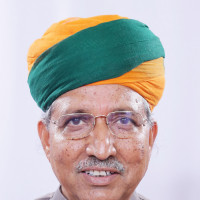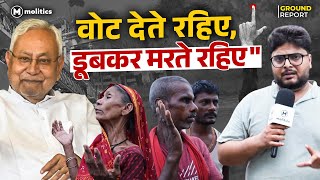5 साल, नो ट्रायल – क्या उमर खालिद केस में कोर्ट सत्ता के दबाव में है? | Ground Report Ft.Geetanjali
The 2020 Delhi Riots case has once again raised serious questions about India’s judicial system and democratic values. Activists and student leaders including Umar Khalid, Sharjeel Imam, Gulfisha Fatima, Meeran Haider, Khalid Saifi, Shifa Ur Rahman, Mohammad Salim Khan, and Athar Khan have now spent five years in jail without trial, charged under the Unlawful Activities Prevention Act (UAPA). Despite multiple hearings, their bail pleas have been postponed yet again—this time to 22nd September. Families of the accused have been struggling for years, moving from the Delhi High Court to the Supreme Court, but justice remains out of reach. Many are questioning whether the judiciary is working independently or under political pressure. Controversy also surrounds the role of Justice Bela Trivedi and whether former CJI Chandrachud mishandled case allocation. The case is further clouded by the fact that an edited video of Umar Khalid, amplified by BJP IT Cell head Amit Malviya, allegedly became the foundation of the charges. Critics, including Prashant Bhushan and Arfa Khanum Sherwani, argue this represents a miscarriage of justice and a direct attack on dissent. This is no longer just about Umar Khalid or a handful of student activists—it is about judicial accountability, human rights, and the future of Indian democracy. If bail itself becomes impossible under UAPA, what does that mean for the constitutional promise of liberty and fair trial? Watch this video for a deep dive into the case, the politics behind it, and the larger battle to protect democracy in India.































































